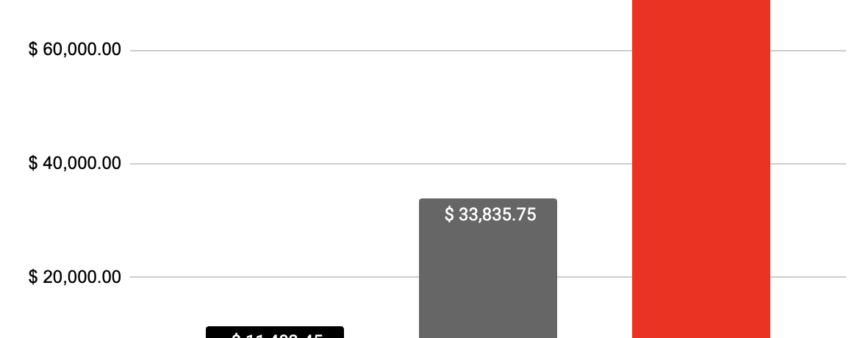
On June 9, 2023, the IRS issued guidance on the taxation of fixed-indemnity health insurance policies that provide payments to participating employees when they complete a health-related activity that is available at no cost or is covered by other insurance. These programs are often marketed as “no-cost wellness programs” that promote “tax free” reimbursements with the potential to provide significant payroll tax savings to employees and the employer. This guidance reinforces the IRS’ earlier concern about the tax treatment of these arrangements.
The guidance concludes that the employer must treat payments to employees under the fixed-indemnity policy as taxable wages.
Details About the Fixed-Indemnity Policy
According to the guidance, the employer, through this arrangement, maintains:
- a group health insurance policy that offers comprehensive health benefits, including preventive care (such as flu vaccinations) without cost-sharing, and
- a fixed-indemnity health insurance policy.
Employees may enroll in one or both options, or neither option. The fixed-indemnity policy has the following terms and conditions:
- Each participating employee makes a monthly pre-tax contribution of $1,200 through the employer’s section 125 cafeteria plan to pay for the employee’s coverage under the fixed-indemnity policy.
- The employer forwards the entire $1,200 contribution to the insurance carrier to pay the premium for the fixed-indemnity policy on the employee’s behalf. The employer is not liable for any additional premium payments under the policy.
- In return for the premium payment, the insurance carrier provides the following benefits to the employee under the fixed-indemnity policy:
a. A benefit for each day that the employee is hospitalized.
b. Wellness counseling, nutrition counseling, and telehealth benefits at no additional cost.
c. Payment of $1,000 (limited to one payment per month) if the employee participates in certain health or wellness activities. The employee’s use of preventive care (such as vaccinations), which are available without cost-sharing under the employer’s comprehensive group health insurance policy, would qualify the employee for the payment, as would the free wellness counseling, nutrition counseling, and telehealth benefits that are available under the fixed-indemnity policy. The employee would be responsible for paying the cost of any other health or wellness activity that is intended to qualify the employee for the $1,000 payment. - When an employee qualifies for the $1,000 payment under the fixed-indemnity policy, the insurance carrier pays the money to the employer, which then pays the money to the employee via its payroll system.
Taxation of Payments Under the Fixed-Indemnity Policy
The IRS concludes in its guidance that the employer must treat the $1,000 payments to participating employees under the fixed-indemnity policy as taxable wages, because the payments are remuneration for employment under benefit plans funded by the employer through its section 125 cafeteria plan and exceed the amount of the actual expenses for medical care. Therefore, under Code sections 104 and 105, and accompanying regulations, the employer is required to report the payments as taxable income to the employees on IRS Form W-2, and to withhold income taxes and FICA taxes on the payments. The
employer is also required to pay its share of FICA taxes, as well as FUTA taxes, on the payments.
Employer Action
Employers that may have implemented a fixed-indemnity program that provides “tax free” wellness benefits should carefully review the program in light of the recent IRS guidance and should work with their tax professionals to comply with the employer’s tax reporting and collection responsibilities under this new guidance.





